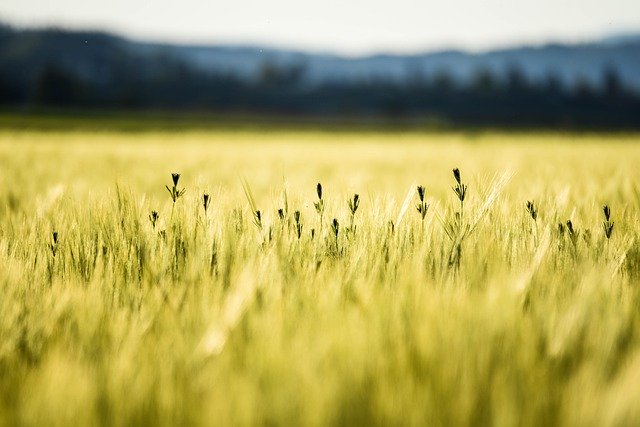Introduction
Agrochemical companies in India are developing rapidly. The importance of crop protection products in Indian Agriculture is enormous because they are believed as an important tool to increase the yield and protect the crops. The crop protection products commonly called as agrochemical products or pesticides industry in India is developing day by day and is open for innovation as well. Agriculture plays a vital role in the Indian economy. 50% of the total population is connected with agriculture by many backward and forward linkages.
Agriculture is contributing almost 15%-19% of the overall GDP of India. There are a lot of problems for Indian formers like low yields per capita and falling availability of farmland. According to some researches, India would need 450 million tons of grains to feed its population by the end of 2050. So to maintain the availability and minimize the post-harvest losses Crop Protection Products in Indian Agriculture are very important.
What is Crop protection?
Before continuing further here is a small introduction about crop protection. Crop protection is the methods for managing weeds, pests, insects, rodents, diseases, weather conditions, and other factors that can inhibit the growth or can play their role in minimizing the yields of vegetables, fruits, and other crops.
Advent of Crop Protection Products in Indian Agriculture:
In 1940, the discovery of DDT opened the path for the use of agrochemicals in farming industries in India. The importance of agrochemicals products is huge because they increase the yields and protect the crops. Agrochemical manufacturers in India are trying their best to introduce the low price crop protection products that can show effective results in less time and can also be cost-effective for farmers as well.
As the amount of land for cultivation is decreasing day by day and the population is increasing, Indian has to ensure the availability of food to 1.21 Billion people. This demands the use of agrochemical or crop protection products in Indian farming within the regulatory framework of India.
The demand for agrochemicals in Asia pacific regions is increasing with China and India on the top taking a clear lead. According to some researches, Indian agrochemicals are slated to put a volume CAGR of 8.9% and a value CAGR of 9.3% between 2014 and 2020.
Role of Agrochemical manufacturers in Indian
India’s population is about 16% of the total world population and has about 2% of the total landmass. According to some researches, India lost 15-20% of their food due to the attack on weeds, pests, and diseases. In circumstances like this Indian agrochemical manufacturers are trying their best to get the pesticides and techniques that can be helpful in farming and be affordable for small farmers.
Benefits and Importance of Using Crop Protection Products
In a country like India, the Importance of Crop Protection Products in Agriculture is too much. Here are some important benefits for using crop protection products like:
- India is facing a big issue of a decrease in land for cultivation. Crop protection products can help farmers to get more yields from less cultivated areas. They can increase the yield from 20% – 50 %.
- Pesticides are also helpful to get bountiful harvests. Proper use of agrochemical tools like fertilizers, hybrid seeds, and proper irrigation system is very helpful in getting bountiful harvests.
- Crop protection products play an important role in keeping food affordable. Increasing demand and decreased availability of food grains dazzling the price of food items. By using agrochemical availability can be increased which will lead the food items affordable for everyone.
- Crop protection products reduce the risks for transmission of waterborne diseases and the diseases transmitted from insects and rodents by lowering their population.
- They are also helpful in maintaining the environment by helping farmers to increase per acre yield thus bringing down deforestation and conserving nature.
- The most important benefit of using crop protection products is that they can significantly decrease post-harvest losses. When the food grains are in warehouses there are many chances for the attack of bugs, pests, molds, and rodents. Pesticides used during storage can help to decrease the activity of the pests and rodents and can increase the shelf life of food as well.
